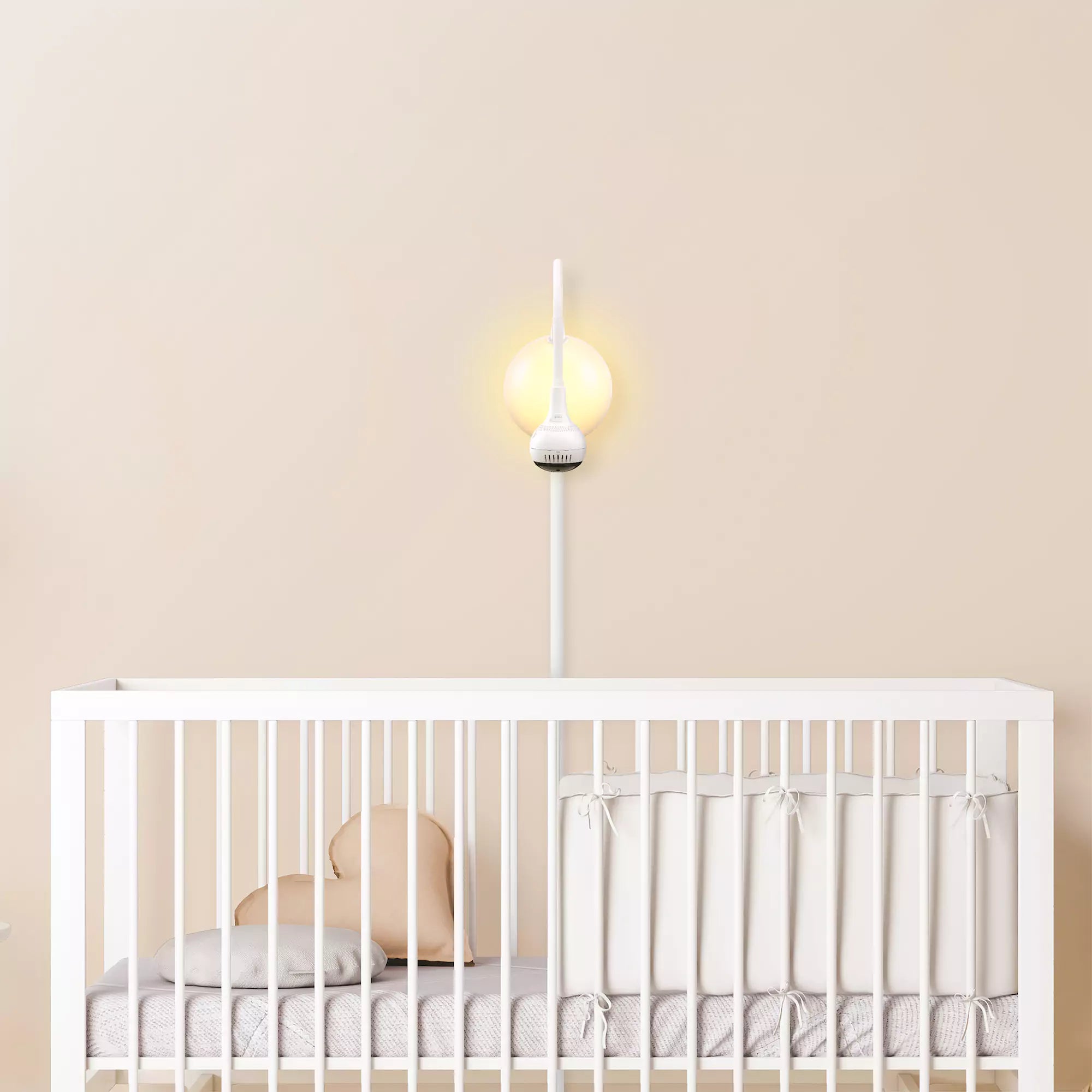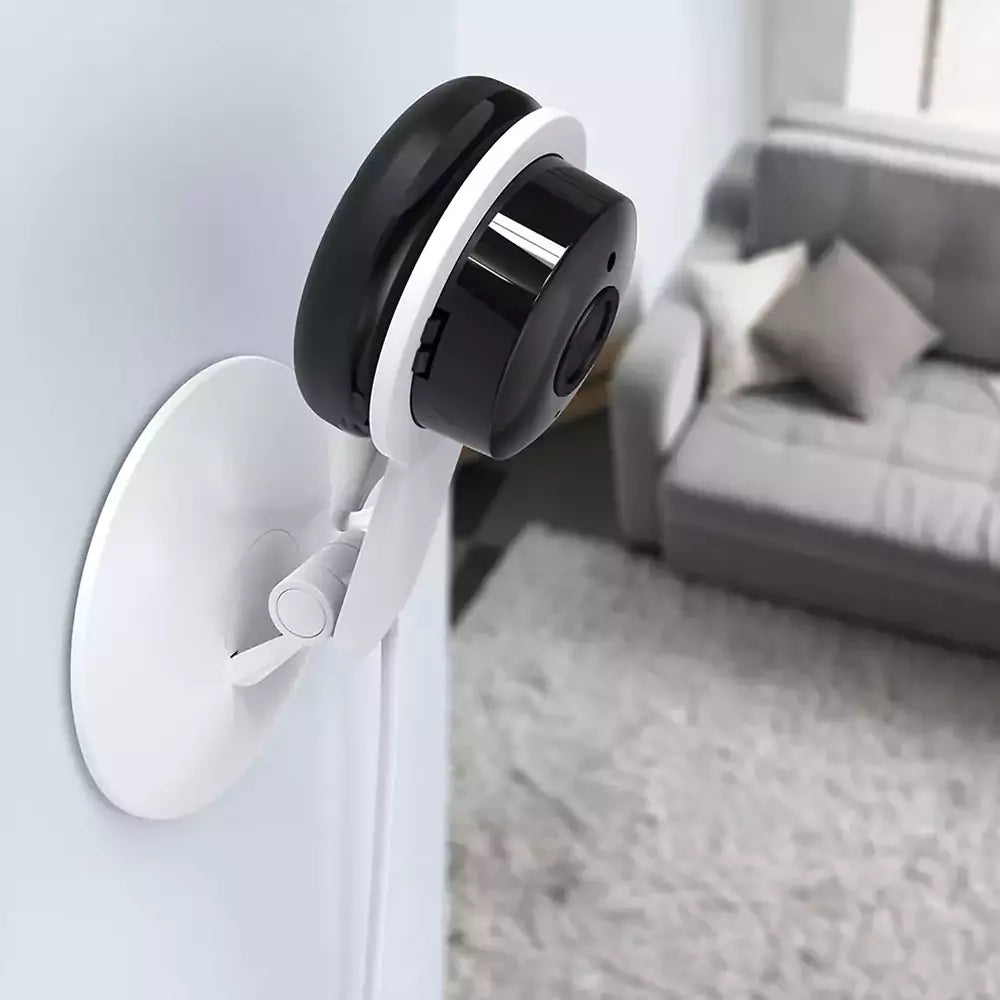Letting your baby cry themselves to sleep can be stressful for both parents and even seem a little cruel but it’s not a bad thing, you and baby will both be ok. Hearing your baby cry can bring on anxiety but with a baby monitor and app on your phone you can keep an eye on your little one from a distance. As a parent you will learn to decipher what is an ‘I need you’ cry compared to a ‘I’m just crying because I don’t want to be alone’ cry. If you’re feeling clueless as to what is causing distress for your baby and it’s keeping you from relaxing before bed, and during the night, below you will find a few things to consider when you want to get a restful night’s sleep, calm your stress and see that it’s ok to let your baby cry below. There is actually a full method about letting your child cry called The Ferber Method.
Babies that learn to cry themselves to sleep will usually lie down to rest within 15 minutes. This can seem like a forever when you hear your baby screaming and it’s pulling at your heartstrings but it’s really only a few minutes. In the long run, a baby that self-soothes itself to sleep is more well rested and you will see the benefits over time. Lullabies can help enormously and with a baby monitor like Daily Baby by Chillax you can even record your own songs and sounds in the ChillaxCare app so baby can fall asleep to your own voice.
Here are a few things that can help you with self soothing:
1. Start with small increments.
Let your baby cry for 10-20 minutes when they are a few months old. When your baby gets older, past the swaddling stage, you can let them cry until they fall asleep. During the night, don’t rush to your baby, sometimes they cry in their sleep. Let them cry for a few minutes, you might get lucky, and they’ll fall back to sleep. If the crying persists it’s probably time for a feeding or diaper change
2. A good nighttime routine is very important.
Try to keep a stable schedule when it comes to bedtime. Even if you are away from the home. A warm bath, a bedtime story and a calm room can help your baby fall asleep faster. Dim the lights and start a lullaby to make things easier. Did you know that babies sleep better in the evening? This helps them sleep through the night and wake up naturally in the morning. If your baby is having trouble with bedtime, an earlier sleep schedule should help.
3. Learn to read your baby.
Since your baby cannot talk yet, it’s not always easy to know when they are tired, but you can see the signs. Eye rubbing, unnecessary fussing, and moody reactions to play can be telltale signs that it’s time. Pay attention to these signs, if you let them drag on too long your baby will become overtired and when this happens bedtime will be much harder to achieve.
4. Keep an eye on your baby but don’t linger.
When your baby sees you, it wants to stay awake. It knows you will be there to pick it up and give it the attention that it needs. Use your baby monitor to watch from a distance or stay just outside of the room. On the first night go in after a few minutes and each night after that let that time span get a little longer until you don’t need to go in at all.
5. There might be another reason for the crying.
Sometimes your baby cries for other reasons. If you feel it’s not just because they don’t want to go to bed, trust your instincts as a parent. Is your baby sick or teething? Does it need a diaper change or is it hungry? Is the room too hot or too cold? Is there something in the room keeping it up? There are a number of reasons why your baby could be crying and not falling asleep. A simple solution to soothing can be a good burp, sometimes this is all they need to lie down and close their eyes.
6. Consistency is key.
Don’t give up. Try to stay strong and follow the routine and even if you are feeling horrible about letting your baby cry itself to sleep keep following your bedtime plan. If you go into the room and respond to your baby at certain times and not others, this can become confusing to your little one and make things worse.
7. Sometimes you just need to give in.
Yes, it’s important to be consistent but sometimes your baby just wants to be held and rocked. I know, this is contradictory to the above but even as adults we have days that we need to be held. If this is the case, get a warm blanket and a comfy chair and take the time to be together. Keep the lights dim and use this moment to bond and to relax yourself. Not only will it help baby fall asleep it will also help you as a parent and get you to bed quicker knowing that everything is ok.

The takeaway
There are many things you can do to help your baby cry itself to sleep but, in the end, it’s what works best for you. There is no magical solution. You might find that a pacifier helps during bedtime, or a certain lullaby works better than another. If your baby is going to grandmas, have her enforce the bedtime rules too to stay consistent and don’t fret, if your methods are not working, it just might not be the right time. Not all babies are born good sleepers, some need more time. If you have any questions about sleep training, nighttime routines or letting your baby cry itself to sleep consult your paediatrician for expert advice.













